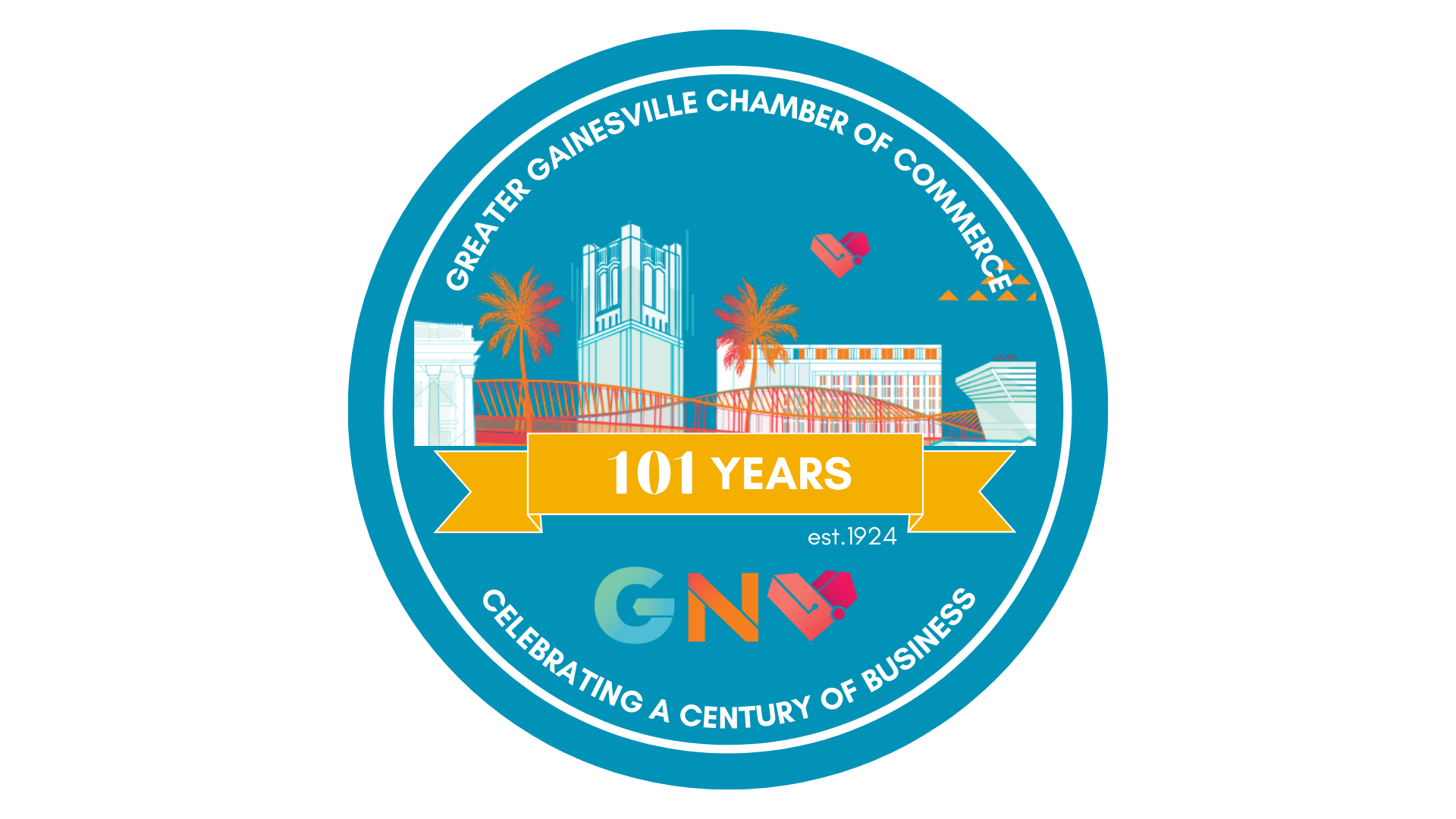Where Can a Paradigm of Kindness Lead?

Jennifer Webb, Magic Communications
As I pondered what I wanted to say when I spoke to a breakfast Rotary this week, I thought about a recent trip to New Orleans with my daughter and grandson. We decided to ride the cable car around the Garden District, and since cable cars require exact change I was struggling to find what I needed and was short 35 cents. A young woman who looked like she needed all the spare change she could find, turned to us and offered me her change. It may not sound like much, but it was the highlight of my trip; what a gift of kindness. I managed to find the change I needed and didn’t take her money, but her generosity of spirit left a lasting impression on me during my entire time in the Big Easy.
It would have been so easy for this woman to have said nothing, and so often that’s exactly what we do. Kindness can never be overrated, and in fact it’s contagious both neurologically and emotionally, which prompted me to think about what it takes to live kindness on a daily basis, and the benefits of doing so.
From a business perspective happy and engaged employees are kind to each other, which leads to greater productivity, customer service and a myriad of other things, probably why Tony Hsieh, CEO of Zappos, wrote his book Delivering Happiness, all about ensuring his internal customers were happy. The rest, he believed, would take care of itself. According to Gallup, up to 75% of employees are not completely engaged in their jobs, and the Engagement Institute says disengaged employees cost companies between $450 and $550 billion annually. From a business perspective kindness is relevant.
And from a humanitarian perspective if the sheer joy of helping someone else feel better isn’t enough, it’s gratifying to realize that one small act of kindness really does have ripple effects. By operating from a paradigm of kindness it’s much easier to influence and inspire others to action, creating that engagement environment so desirable in business.
Here’s a shortcut to remembering how to inspire, influence and engage others—in other words be kind—using the acronym ACT:
A – Attitude, the ability to realize it’s never what happens to us, it’s what we do about it, and we have choices. Misery is optional, as is joy. It’s not going to be possible to impact others if we’re not in the right frame of mind. Consequently, it takes purpose, awareness and practice to keep the mindset we need; there are many situations that could and would bring us down unless we’re paying attention on not becoming emotionally derailed.
There’s a story that made the rounds of the internet years ago, about a father teaching his son how to think. There are two wolves inside of me, he told his son. One is nurturing and understanding, one ruthless and judgmental. They are fighting to the death every second. The son looked up and asked which wolf was going to win and his dad replied, “The one I feed.” Isn’t it true that in any situation I get to decide which wolf I will feed, where will I put my focus, and that will determine my outcome. Imagine how powerful this is in the business community. The manager yells at a team, the customer rejects the project, a friend disappoints or frustrates. People are never going to live according to our template for proper action. It is a guaranteed formula for misery if we choose to get upset every time things don’t go the way we feel they should.
Think of E+R = O: the Event plus the Response equals the Outcome. A friend’s son received rejection letters from Harvard, Princeton and Dartmouth the same day. His response; how could three major universities make such a bad mistake the same day! He went on to Ohio State, graduated in three years and got to turn down Harvard law school to go to Yale. We have the freedom to choose how we’re going to react.
C- Communicate with compassion, it makes all the difference in the world. Kindness costs nothing, and is contagious from both a neurological and emotional perspective. Often communication is easily muddled because what we meant isn’t what was understood. The more we paraphrase back what someone said and ensure we really understood, the more effective we’ll be. After all it was George Bernard Shaw who said the biggest problem with communication is the illusion it has taken place.
How many of us have ever been sure someone understood, just to find out they went to the wrong place, focused on the wrong project or simply didn’t want to say they weren’t sure they understood. Do we make it safe for people to disagree? Ask? Speak out? Years ago, I was teaching around a large class (about 70 people in the room) when I asked if everyone was familiar with a concept. No one said a word, so I went on with my program. Ten minutes later a woman raised her hand and said “I think they are all liars.” I had no idea what she was referencing until she followed it up by explaining she didn’t know what I was talking about earlier, and didn’t think others did as well. But, she didn’t want to say anything and feel foolish! What a lesson to me.
Compassionate communication is getting our egos out of the way, the judgmental part of ourselves that knows we would have done it better. Trouble is we really don’t understand unless we can see it through the eyes of the other person, which of course is what empathy is all about. This ability of genuinely listening (with eyes closed is more effective) helps us work smarter with others and cuts down our stress, which is another enormous factor in business.
Just changing the paradigm of how you communicate can not only lower your stress but also strengthen your immune system, improve cognitive performance, lower your heart rate, increase your energy and balance cortisol levels (the stress hormone). There are obviously many good reasons to ensure you are communicating from a compassionate perspective.
T- Tell people what they’re doing right. Less than 60% of the workforce ever gets a compliment, and it’s one of the easiest things to do. Saying thank you or showing appreciation goes a long way, and even going deeper to see what’s unique about the individual, the part that shines, is incredibly valuable. Andrew Carnegie helped more men become millionaires during his era, and when asked his secret he replied that it was a lot like digging for gold, one had to dig past the dirt to the part that shines.
None of us has enough time to make sweeping changes, but tiny, incremental changes–remembering to say thank you, speaking with more compassion or smiling when you see someone—can make an enormous difference for your business and in the lives of everyone around you. Try it for a day and see what happens!
Visit the Magic Communications website at www.magiccomm.com.


